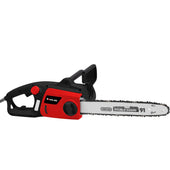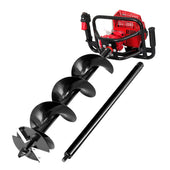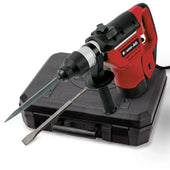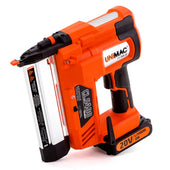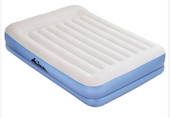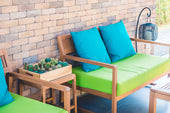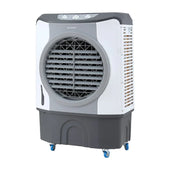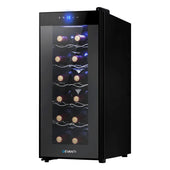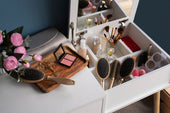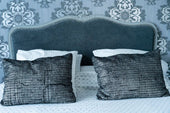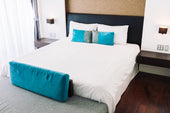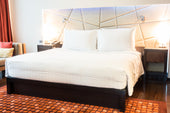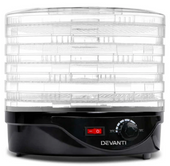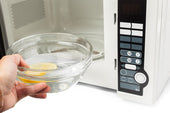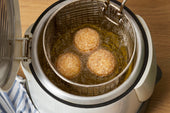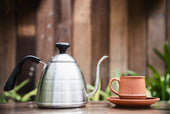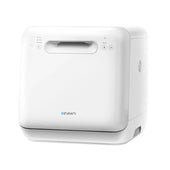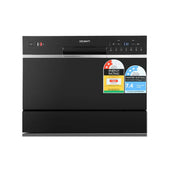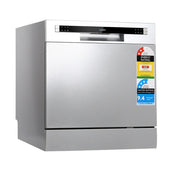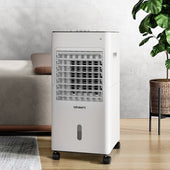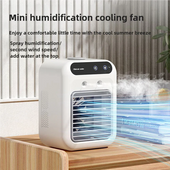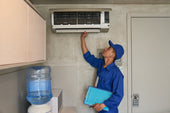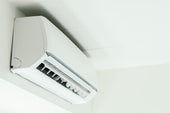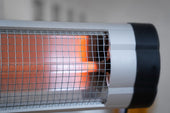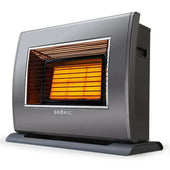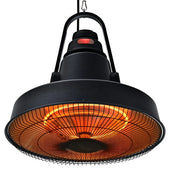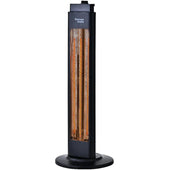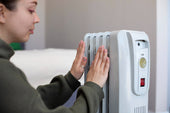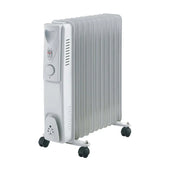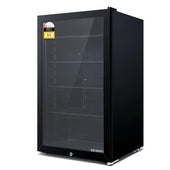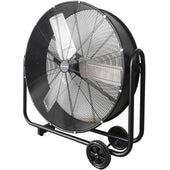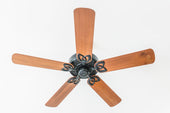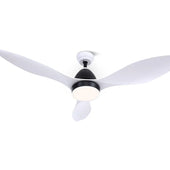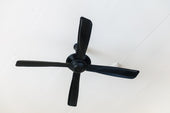Understanding Dining Table Materials: An Overview
Dining tables come in a variety of materials, each offering distinct characteristics and benefits. Common materials include wood, metal, glass, marble, and composite materials.
- Wood: Solid wood, such as oak, teak, or walnut, is durable and comes in diverse grains and colours, perfect for adding warmth to any space. However, it may require periodic polishing to maintain its appearance.
- Metal: Aluminium and steel offer a modern aesthetic and are resistant to damage, though they can feel cold to the touch.
- Glass: Glass tables enhance light and create an airy feel. Though elegant, they can be prone to smudges and require regular cleaning.
- Marble: Luxurious and timeless, marble tables are heavy and need proper sealing to resist stains.
- Composites: Engineered options like MDF are affordable while still mimicking high-end materials with enhanced durability.
Understanding these materials ensures practical choices tailored to individual needs.
Wooden Dining Tables: Types, Pros and Cons
Wooden dining tables are a classic choice that suits various interior styles. Different types of wood are used, each offering unique characteristics:
Types of Wood
- Hardwoods: Includes oak, walnut, teak, and mahogany, which are highly durable and ideal for long-term use.
- Softwoods: Such as pine and cedar, offering affordability and a rustic charm.
- Engineered Wood: Features options like MDF or plywood with wood veneers, combining affordability with a natural look.
Pros
- Aesthetic Appeal: Natural grains add warmth and beauty.
- Durability: Hardwood options withstand heavy use.
- Customisation: Easy to stain or refinish.
Cons
- Maintenance: Vulnerable to scratches and water damage.
- Price: High-quality hardwood can be expensive.
- Weight: Solid wood tables are often heavy.
Glass Dining Tables: Stylish But Fragile?
Glass dining tables are a popular choice for their sleek and modern aesthetic. They create an illusion of space, making them ideal for smaller dining areas. Clear glass tops also pair effortlessly with different base materials like wood or metal, offering versatile styling options.
However, their fragility is a common concern. While tempered glass improves durability, it is not unbreakable. At During Days, we recognise that impacts from heavy items or sharp objects may cause chips or cracks. Scratches are another common issue, especially in households with children or pets.
Care involves regular cleaning with soft, non-abrasive cloths to prevent surface damage. Felt pads or coasters are recommended to protect the glass from heat and scratches.
Metal Dining Tables: Strength and Durability
Metal dining tables are renowned for their sturdiness and long-lasting properties, making them a popular choice for both modern and industrial-style interiors. Materials like steel, aluminium, and wrought iron are commonly used due to their resistance to wear and tear.
- Strength: Metal tables can handle significant weight, making them ideal for families or heavy use.
- Durability: They are resistant to cracking, warping, and pests, which ensures a longer lifespan.
- Maintenance: Metal tables are easy to clean with mild soap and water. However, regular checks for rust (in certain types) are essential.
Their sleek finishes and metallic tones complement varied decor styles while offering unmatched reliability.
Marble Dining Tables: Luxury with Care Requirements
Marble dining tables are synonymous with timeless elegance and sophistication. Their natural veining makes each table uniquely beautiful, but they require attentive care to maintain their charm. Marble is a porous material, making it susceptible to staining, scratching, and etching from acidic substances. Regular sealing is necessary to protect the surface from spills and everyday wear.
To clean marble tables effectively, a soft cloth and a pH-neutral cleaner are recommended. Avoid harsh chemicals or abrasive sponges that can damage the finish. To prevent heat damage or rings, always use coasters, placemats, and trivets under dishes or cups.
Care Tips for Wooden Dining Tables
Proper care prolongs the life of a wooden dining table while maintaining its beauty.
- Use Coasters and Mats: Always place coasters under drinks and mats beneath hot dishes to prevent watermarks, stains, and heat damage.
- Clean Regularly: Dust the surface with a soft, damp cloth. Avoid harsh cleaning agents that might damage the finish.
- Apply Wood Polish: Use high-quality wood polish or wax to restore the shine and protect against dryness and cracking.
- Avoid Direct Sunlight: Position the table away from windows or use curtains to reduce exposure, which can lead to fading or warping.
- Address Spills Quickly: Wipe up liquid spills immediately to prevent stains or moisture seeping into the wood.
- Maintain Humidity Levels: Ensure a consistent indoor humidity level to prevent swelling or shrinking caused by extreme dryness or dampness.
- Inspect Annually: Check for cracks, loose joints, or other signs of wear and apply touch-ups as needed.
Maintaining Glass Dining Tables to Keep Them Spotless
Glass dining tables require regular upkeep to preserve their pristine appearance and durability. Cleaning should be done using a microfiber cloth and a glass-safe cleaner to avoid streaks or scratches. Avoid harsh chemical solutions as they may damage the surface or leave residues. Removing smudges or fingerprints can be achieved with white vinegar diluted in water, applied gently.
To prevent chips, cracks, or scratches, use placemats or coasters for heavy or sharp objects. Always avoid placing hot items directly on the glass; instead, use heat-resistant mats. Regular inspection for chips aids early intervention, ensuring longevity. Keep the table away from direct sunlight to prevent discolouration or weakening.
Preventing Scratches and Dents on Metal Dining Tables
To maintain the pristine look of metal dining tables, practising preventative care is crucial. Metal surfaces are susceptible to scratches and dents, which can diminish their aesthetic appeal and reduce longevity.
- Use Protective Covers: Tablecloths, placemats, or soft pads can shield the surface from sharp objects and prevent direct contact with utensils.
- Avoid Dragging Items: Sliding heavy dishes or decorations across the table may cause unsightly marks. Lifting items instead minimises the risk of scratches.
- Control Jewellery and Accessories: Rings, bracelets, and watches can unintentionally scratch metal tables when dining or cleaning nearby.
Regularly inspecting tables for damage ensures timely action to preserve their appearance.
Cleaning and Maintenance for Marble Dining Tables
Marble dining tables require specific care to preserve their elegance and durability. Regular cleaning is essential and should be done with a soft, damp cloth to remove dust and dirt. Avoid using abrasive cleaners, as they can damage the surface. Mild soap or a pH-neutral cleaner is recommended for stubborn stains.
To maintain the finish:
- Wipe spills immediately to prevent staining.
- Use coasters, placemats, and tablecloths as protection.
- Apply a marble sealant annually to reduce porousness and enhance stain resistance.
Avoid placing hot items directly on the surface, using heat-resistant mats for protection. Handle acidic substances like vinegar cautiously, as they can etch the marble. Proper care enhances longevity and retains its natural beauty.
Choosing the Right Dining Table for Your Lifestyle and Home
Selecting a dining table involves evaluating your space, needs, and the table's functionality. Size matters; smaller tables work well for compact areas, while extendable ones suit flexible usage. Material choice impacts durability and aesthetics—solid wood offers longevity, while glass adds a sleek, modern look. Consider the table shape; round tables encourage conversation, whereas rectangular tables can seat more people. Style should complement your home’s décor, balancing timeless appeal with contemporary trends. Matching the table’s height with your chairs ensures comfortable dining. A practical table fits both everyday meals and hosting. Harmonise utility with your unique lifestyle preferences.




